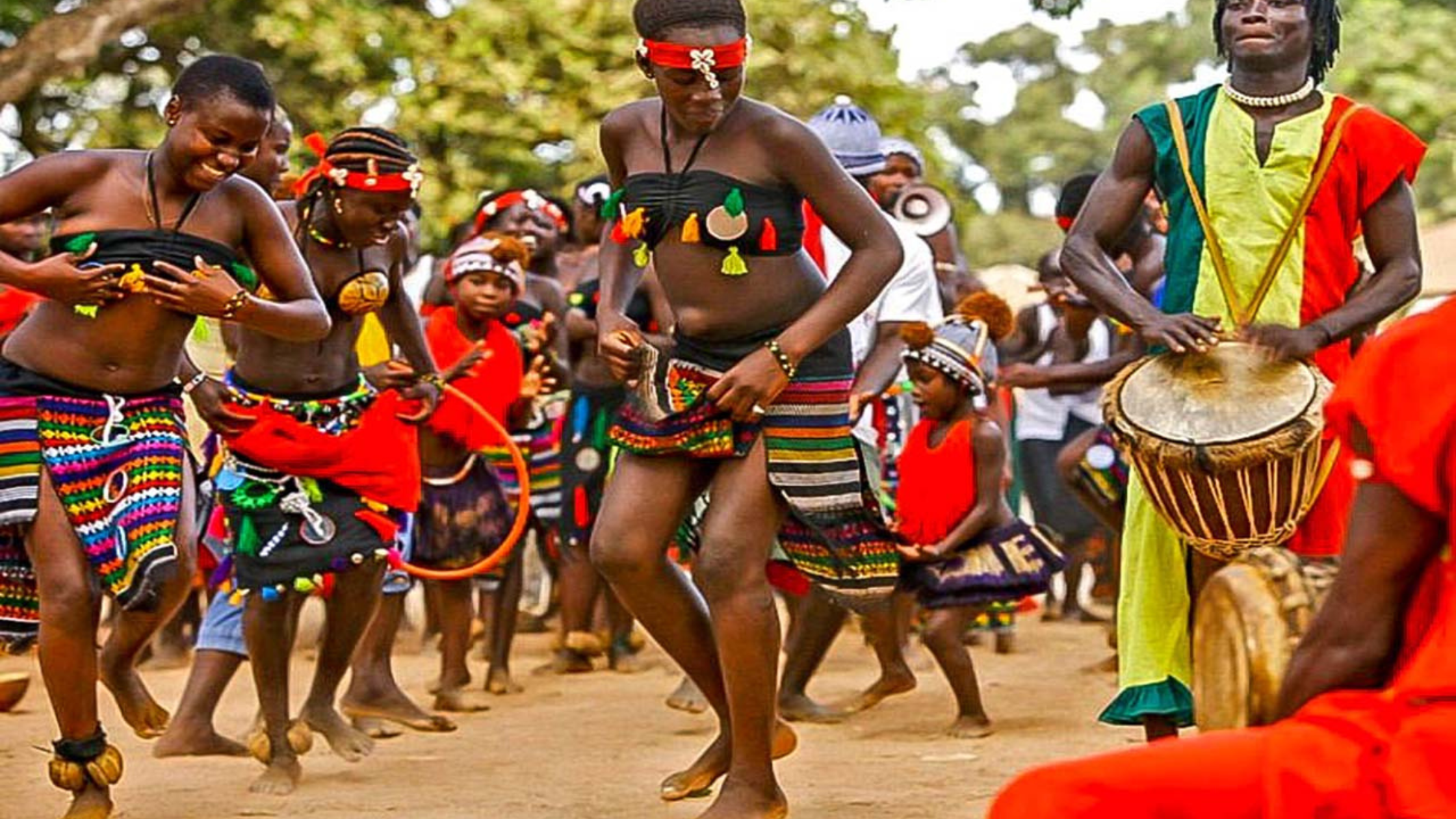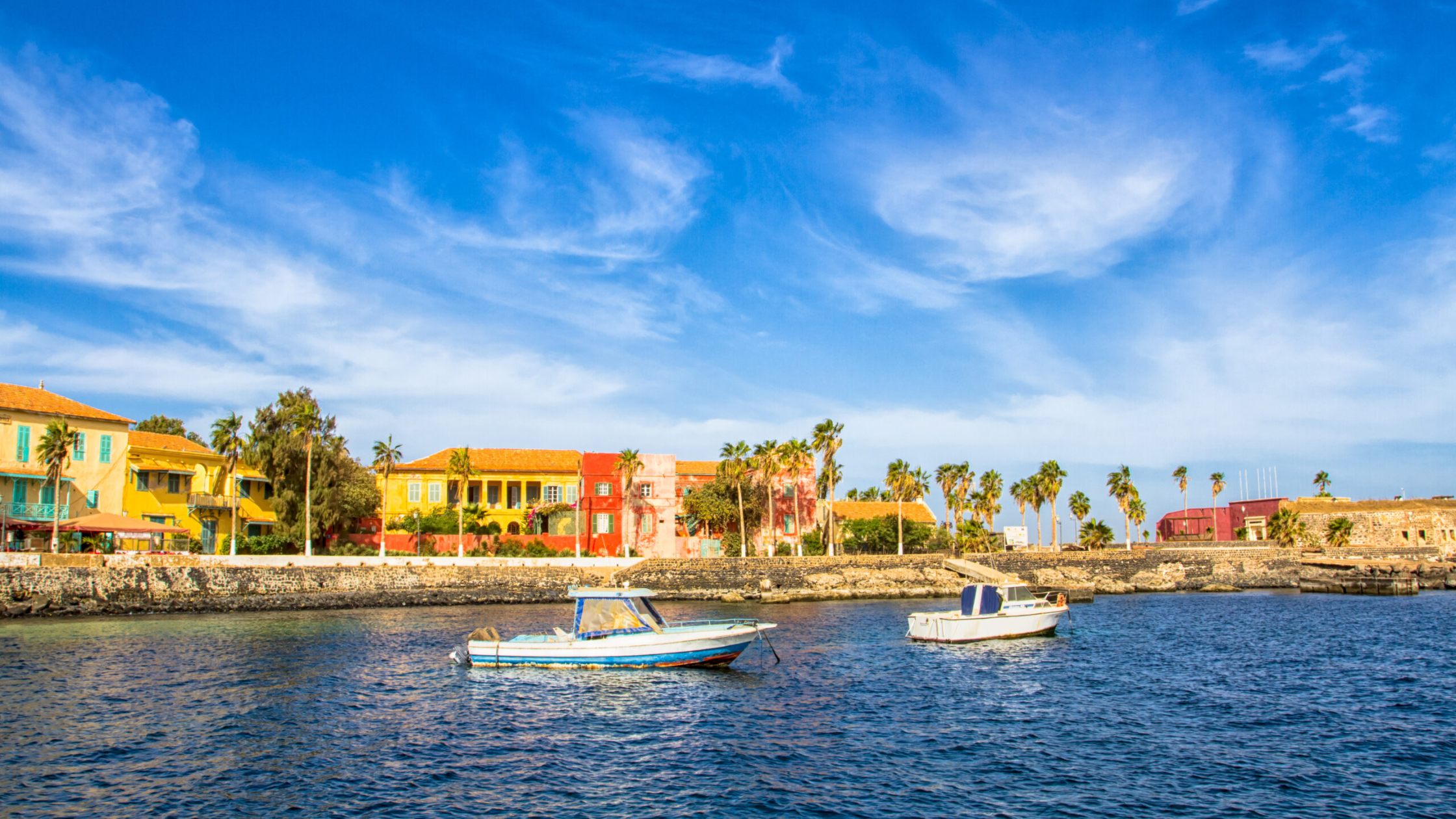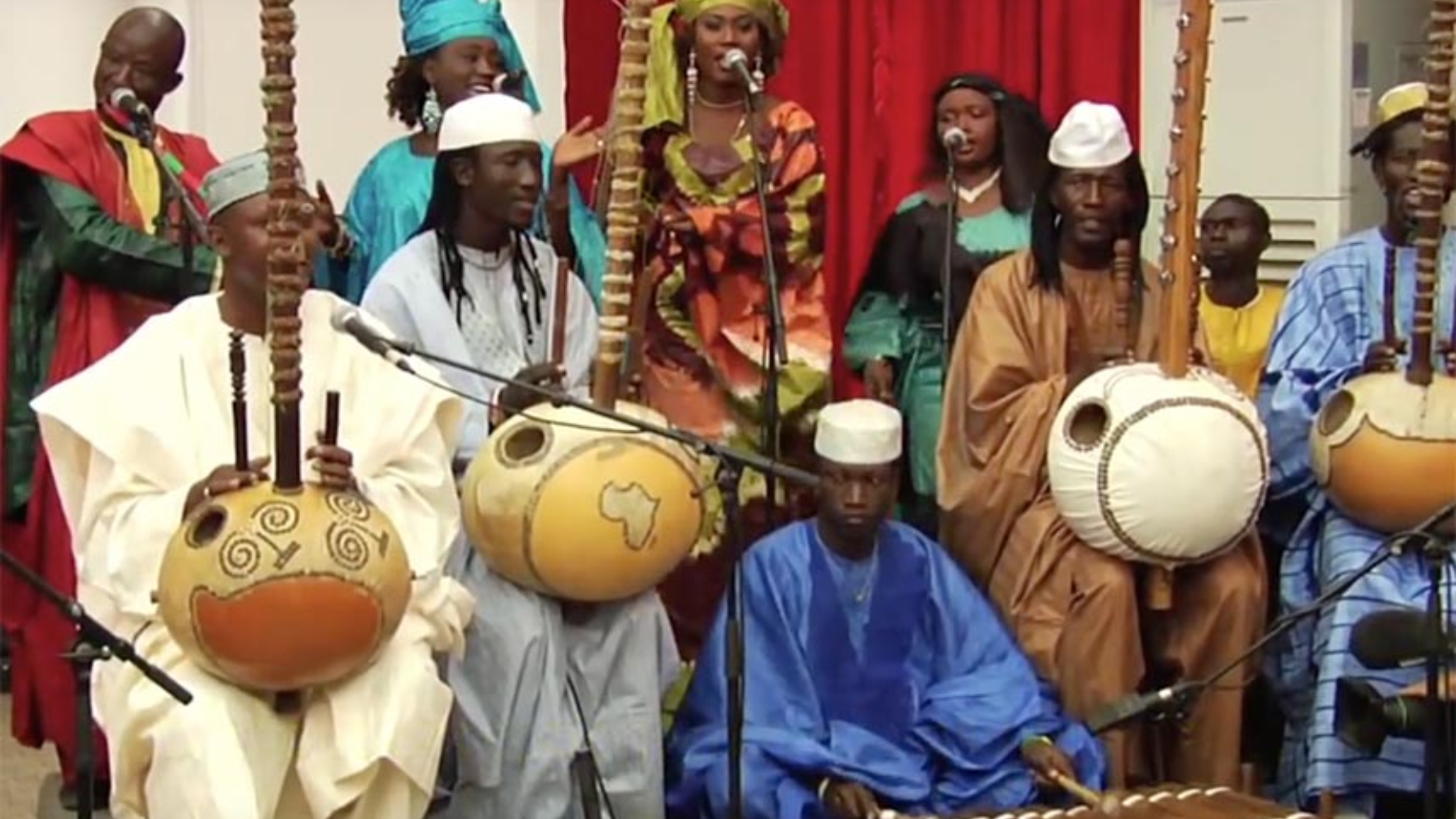Whether you’re a seasoned traveler or simply curious about the world, Senegal can be the perfect place to discover a rich and diverse culture. This beautiful country is home to a rich and fascinating cultural heritage encompassing music, dance, and artisanal crafts. For every cultural enthusiast, there is always something unique to discover in Senegalese culture.
The rich culture of Senegal encompasses various dimensions and traditional elements. The most prominent ones include the music of Senegal, Senegalese traditional dances, crafts, and artisanal traditions of the country.
The culture is full of surprises, from the energetic rhythms of traditional Senegalese music to the intricate beadwork of Senegalese jewelry. It is a dream come true for every traveler and culture enthusiast. In this article, we will illustrate the vibrant culture of Senegal, including the heartful music, dance styles, and the country’s long-standing tradition of crafts.
Diving Into The Music Of Senegal
Senegalese music is a vibrant and dynamic part of the country’s culture, reflecting its rich history and diverse influences. From traditional griot music to the contemporary sounds of hip-hop and pop, Senegalese music continues to evolve and captivate global audiences.

Senegalese music has a rich and diverse history that blends traditional African rhythms with modern sounds and influences. Travelers can enjoy adventuring into Senegalese music by traveling conveniently through shuttles. To have an in-depth idea of the music of Senegal, we need to take a dive into the traditional and contemporary music of Senegal.
Traditional Music
Traditional Senegalese music is rooted in the griot tradition. It involves storytelling and musical performance by hereditary musicians known as griots. Griot music typically features instruments such as the kora, a harp-like instrument, and the balafon, a xylophone-like instrument.

Griot music is often accompanied by dance and is a central part of traditional celebrations such as weddings and religious festivals. Another popular style of traditional Senegalese music is Sabar. It is characterized by the use of large drums and energetic dance moves. Sabar music is often associated with the Wolof people of Senegal. It is a staple at weddings and other festive occasions.
Contemporary Music
In the 1970s, Senegalese music began taking on a more modern sound, incorporating jazz, funk, and soul elements. This fusion of traditional and modern sounds gave rise to a new style of music known as mbalax, which became famous throughout West Africa. Mbalax is characterized by its use of complex rhythms and modern instruments.
Senegalese music has continued to evolve in recent years, with artists experimenting with new sounds and genres. Hip-hop has become particularly popular among young Senegalese musicians. With artists such as Akon and MC Solaar achieving international success, the country’s contemporary approach toward music is flourishing.

From traditional drumming and griot traditions to the contemporary sounds of pop and hip-hop, Senegalese music has evolved over the years. It is undoubtedly one of the most vibrant and dynamic parts of the country’s culture. Enjoy transfer and custom excursion services to enjoy the locality and music of Senegal during your stay.
The Many Faces Of Senegalese Dance
Senegal has a rich tradition of dance, with a wide variety of styles that reflect the country’s diverse cultural heritage. From traditional dances passed down through generations to modern interpretations of classic moves, Senegalese dance is diverse. Here are some examples of traditional Senegalese dance forms.
Sabar Dance: Sabar is a traditional drumming and dance style associated with the Wolof people of Senegal.
It is characterized by the use of large drums and energetic dance moves, often performed by women. Sabar dance is typically performed at weddings and other festive occasions.
Kaolack Dance: Kaolack is a dance style that originated in the city of the same name. It involves fast-paced movements, often performed in pairs, and is accompanied by live drumming.
Kaolack dance is a popular form of entertainment at cultural festivals and other events. It can be one of your best memories of your visit to Senegal.
Laamb Ji Dance: Laamb ji dance is a traditional dance form in Senegal that is performed in conjunction with the popular sport of lamb wrestling (also known as laamb or la lutte). The dance is performed by wrestlers before and after their matches as a way to warm up, show off their strength and agility, and entertain the crowds.
Jola Dance: Jola is a dance style associated with the Jola people of Senegal. It is characterized by its use of handclaps and call-and-response vocals. It is often accompanied by the kora, a traditional West African harp. Jola dance is usually performed at social events and is a crucial part of Jola culture.
Arts, Crafts And Artisanal Traditions Of Senegal
Senegal has a rich and diverse artistic tradition encompassing a wide range of art forms. Popular Crafts include sculpture, painting, textiles, pottery, and jewelry. These craft and artisanal traditions of Senegal are deeply rooted in the culture and history of Senegal.
One of the most well-known forms of Senegalese art is a sculpture. Senegalese sculptors are renowned for their skill and creativity, producing a wide variety of works in various materials, including wood, bronze, and stone. The most famous of them benign Ousamane Sow who gained international recognition for his large-scale, dynamic sculptures of African figures and animals.
Traditionally Senegalese sculptures often depict figures from myth and legend, as well as everyday people and animals.

And let’s not forget the thriving Senegales film culture. The Senegalese film industry has a rich history dating back to the 1960s when the country gained independence from France. Known as the “father of African cinema”, Ousmane Sembène played a significant role in the development of the industry with his critically acclaimed films such as “Black Girl” and “Moolaadé”.
Sembène’s films often explored themes of African identity and colonialism and were praised for their artistic and political significance. His work helped to establish Senegal as a hub for African cinema and set the standard for future filmmakers in the country.
Moussa Sene Absa is another prominent figure in Senegalese cinema who has contributed to the growth and development of the industry. Absa’s work, such as “Tableau Ferraille” and “Madame Brouette”, has been recognized internationally and has won several awards.
Another essential form of Senegalese art is textile production. Senegalese weavers are known for their intricate patterns and designs, often using natural dyes and fibers to create stunning fabrics. These textiles are used in various products, including clothing, blankets, and decorative items.
Pottery is another vital art form in Senegal, with a long history of ceramic production. Senegalese potters create a wide variety of items, including functional vessels such as bowls and jars and decorative pieces featuring intricate designs and patterns.
Jewelry making is also an essential artisanal tradition in Senegal, with skilled artisans producing various beautiful and intricate pieces. Senegalese jewelry often features intricate beadwork and metalwork, using a range of materials such as gold, silver, and beads. You can travel with the best shuttle services to go through the local craft markets of Senegal.
Conclusion
Thus, Senegal’s culture is a testament to the creativity and resilience of its people. From the vibrant music and dance traditions to the artisanal crafts, the culture encompasses creativity, strength, and passion. Contact us to enjoy personalized transfer and excursion services during your stay!













Leave a Comment